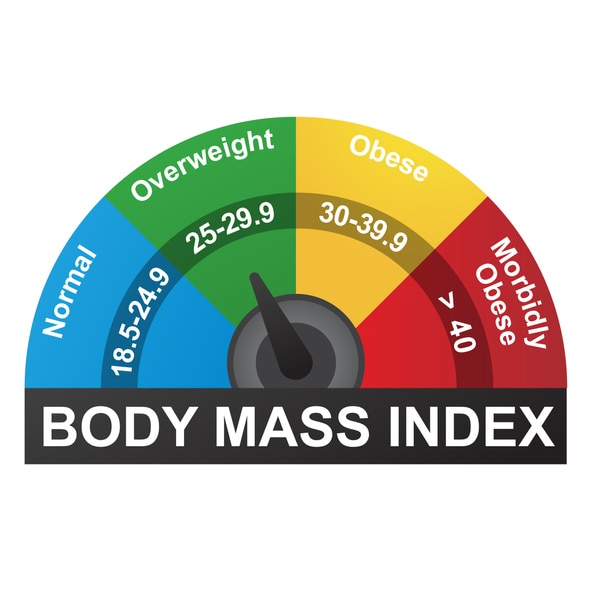What is a fitness test? A fitness test is also known as a fitness assessment. It is a range of exercises to evaluate your overall health and physical status. It helps to address your strengths and weaknesses and set the goals of the training program. The appropriate training program also can minimize injuries. A fitness test can measure the following five fitness components.

(1) General Health Evaluation
Before starting a fitness training, your trainer will obtain some physical information like height, weight, resting heart rate, resting blood pressure and your medical history to evaluate your health and ability for the training. You may require the approval from your doctor if necessary.

(2) Body Composition Testing
Body composition is made up of muscles, bones and fats. There are three common ways to measure body composition.
Body Mass Index (BMI): It is a measure of body fat based on height and weight.
Skinfold Measurements: A skinfold caliper is used to measure the thickness of skinfold and assess the total amount of body fat.
Bioelectrical Impedance Analysis (BIA): A weak electric current flows through the body and the voltage is measured to calculate the body composition.

(3) Cardiovascular Endurance Testing
It is a test to measure the ability of the heart and lungs to supply oxygen and energy for the body during exercising. This test is used to assess the heart rate/pulse and blood pressure during the aerobic exercise and at rest. Generally, lower heart rate/pulse and blood pressure reveal better cardiovascular endurance.

(4) Strength and Endurance Testing
Muscle strength testing is used to measure the ability of a muscle group can exert maximally at one time. And, muscle endurance testing is used to measure the duration of a muscle group can exert repeatedly without rest.

(5) Flexibility Testing
Flexibility testing is used to evaluate the flexibility of different joints within their ranges of motion. It can indicate whether you are suffering from postural imbalance, foot instability or joint limitation.








